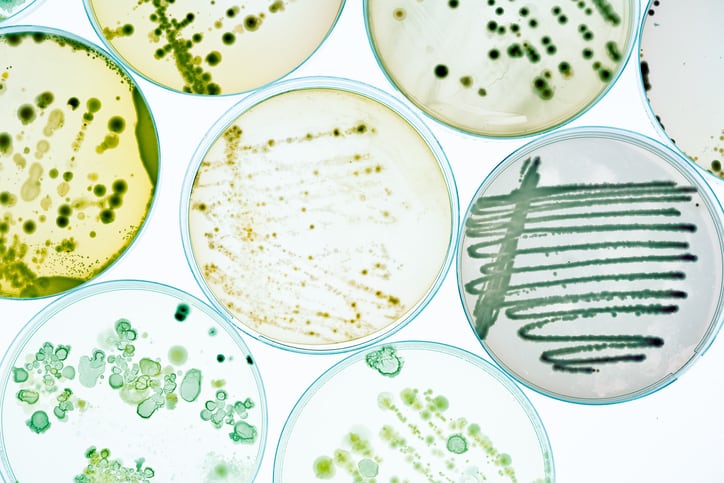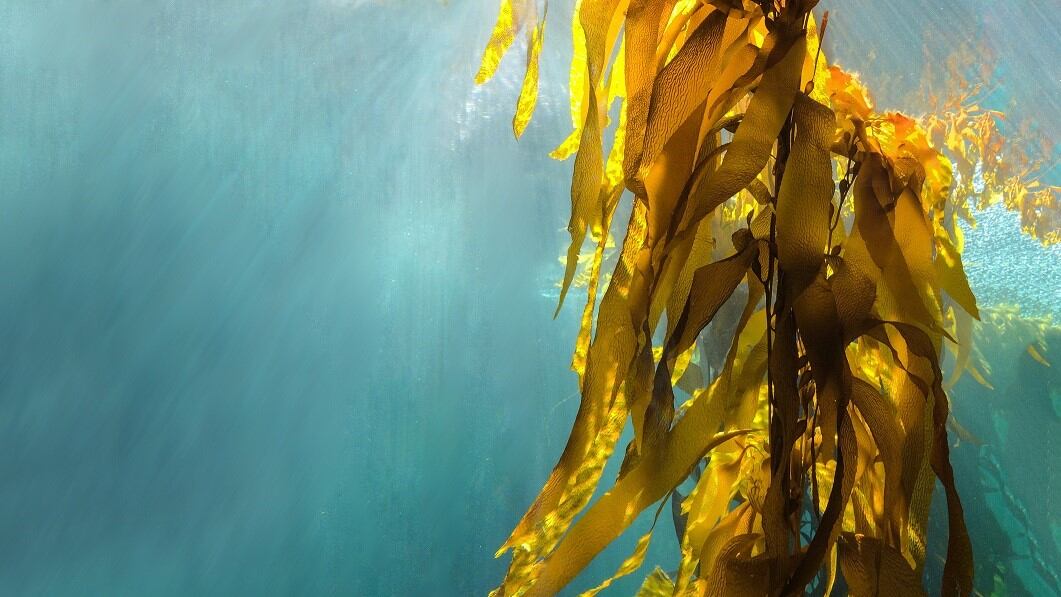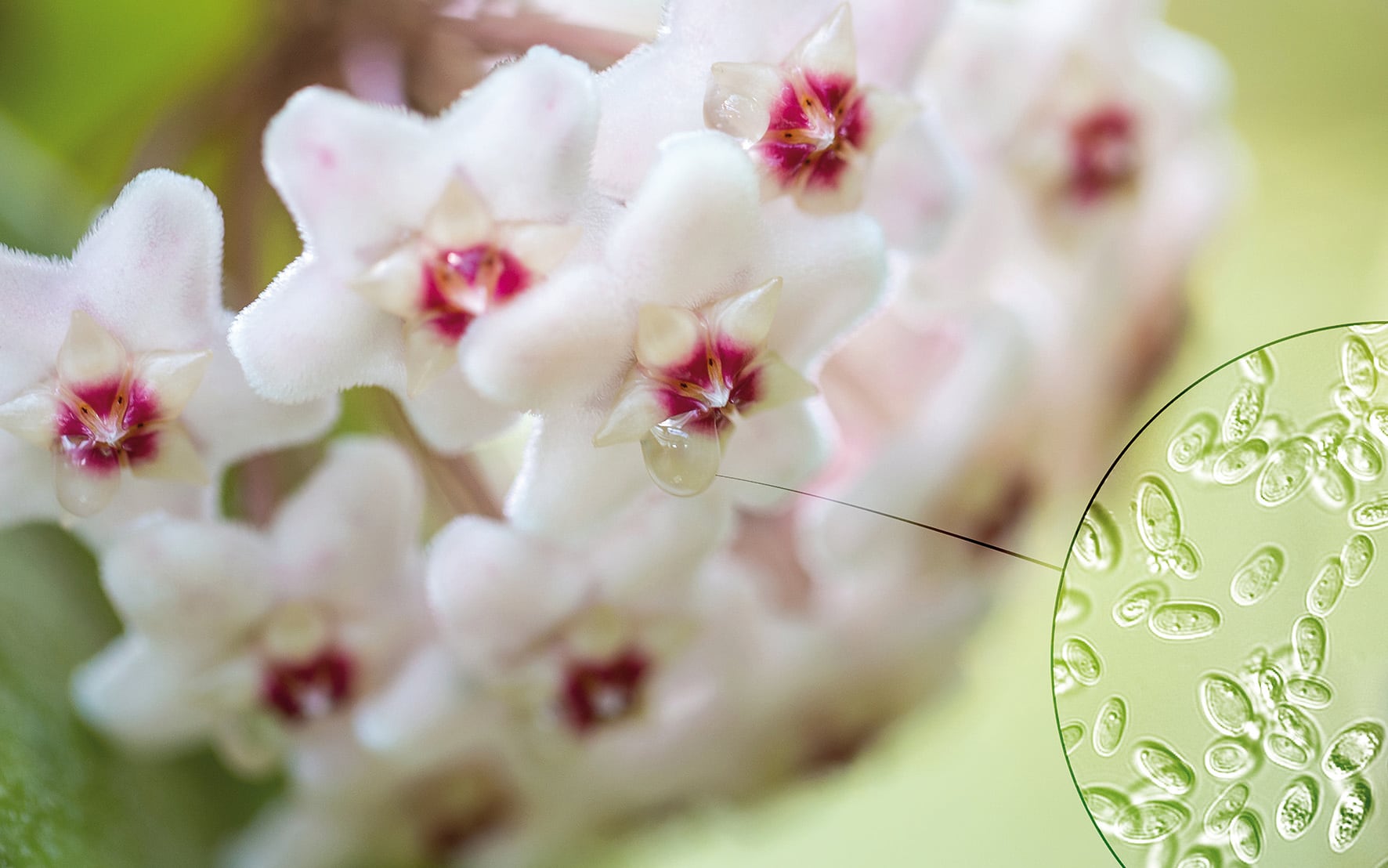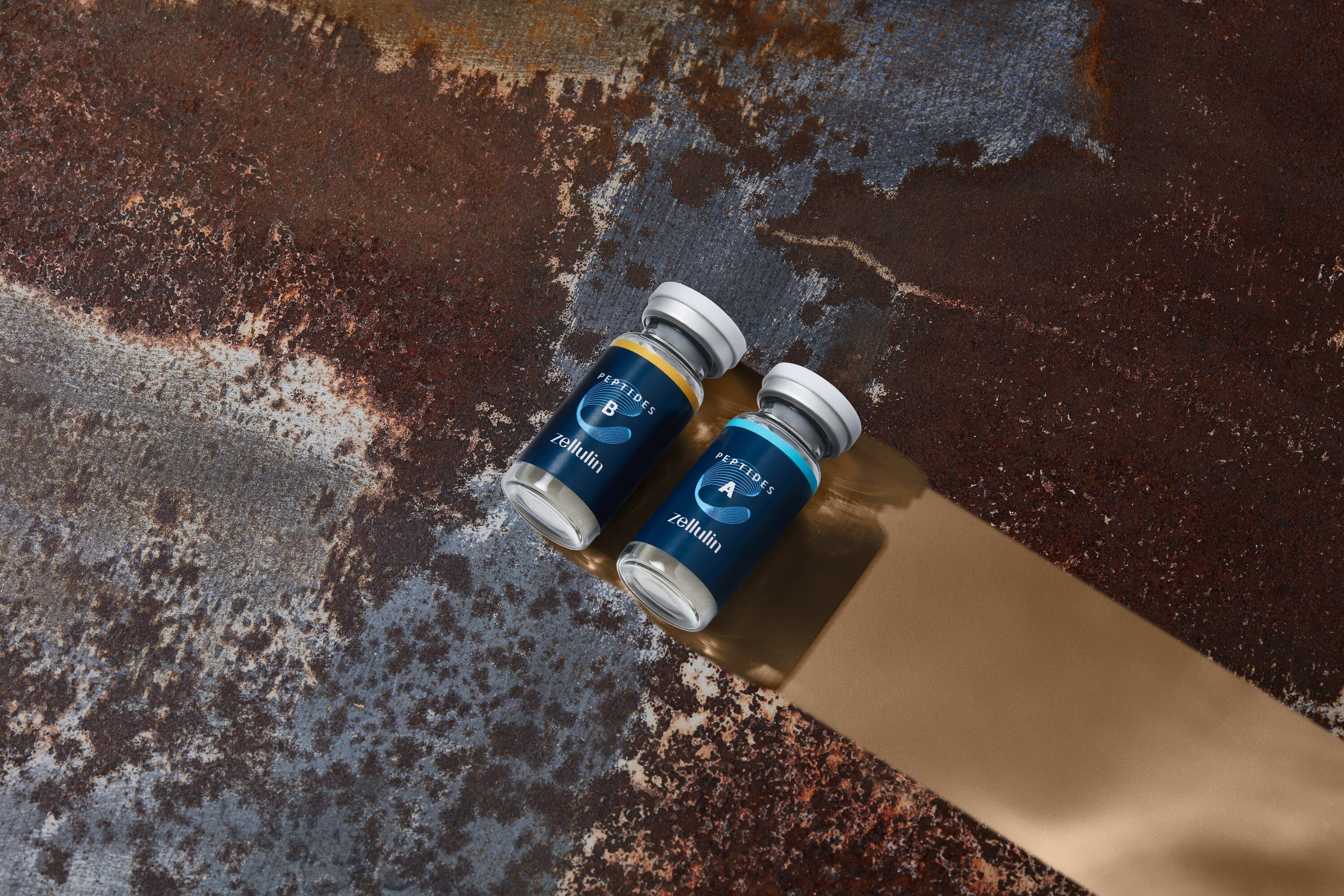The Horizon 2020-funded research involved an international team of researchers from academic institutions, industrial companies and manufacturers, including Puig-owned Greek natural cosmetics company Apivita. Led by Scotland’s Heriot-Watt University, the Marisurf programme finished its research work in August 2020.
The consortium said that the “huge market demand” for surfactants and emulsifiers had long been met with “synthetic, mainly petroleum-based chemical products” that were commonly non-biodegradable and could be toxic – a trend the project aimed to overturn by finding alternatives. The over-arching goal of the five-year research, it said, was to look at marine sourced alternatives to plug market needs.
For the cosmetics and personal care category, emulsifiers were widely used to stabilise oils in creams and surfactants were broadly used as foaming agents, dispersants or to thicken blends.
‘Promising alternatives’ in marine microorganisms
Marisurf said the project had unveiled “promising alternatives found in marine microorganisms”.
Dr Tony Gutierrez, associate professor of microbiology at Heriot-Watt University, said: “We developed innovative approaches to discover, characterise and produce novel marine-derived biosurfactants and bioemulsifiers.”
From 500 initial marine microbe strains, Gutierrez said the team had worked closely with industry partners to scale up production of two strains with “very positive feedback from end users on functionality”.
“This indicates there is clear potential for these strains to be useful in commercial applications,” he said.
Scale up and commercial uptake, however, would require additional investment to back up further necessary research that would “ensure the cost efficacy of production”, he said.
A ‘much better environmental profile’ that petroleum-based ingredients
Gutierrez said the biosurfactants and bioemulsifiers developed under the project had “a much better environmental profile” compared to petroleum-based variants currently used in industrial applications because there were of biogenic origin.
“In the future, this could have huge potential impact for industry and for consumers themselves as these strains are derived from a sustainable and non-pathogenic marine bacterial source,” he said.
A review published last year by researchers from Japan’s Tokyo University of Science suggested sustainable surfactants, or biosurfactants, would soar in popularity in coming years. However, the team also noted an eco-transition may prove difficult because of the low costs and strong performance associated with conventional surfactants.
In a separate study on ‘blue biotech’, also conducted last year, researchers from India’s Sri Venkateswara College of Engineering also identified considerable hurdles, despite significant promise around biotechnologies used to extract marine compounds to develop more sustainable cosmetics.
Marisurf consortium collaboration has been ‘exciting and novel’
Apivita, along with two other manufacturing companies – Marlow Foods and Nanoimmunitech – had seen promising results when testing the marine-based alternatives under the Marisurf project, according to an update in year four.
Professor Stephen Euston, a professor at Heriot-Watt University, said the collaborative element of this project had been key to its progress: “Working so closely with industry and our collaborative universities allowed the consortium to develop promising naturally derived surfactants from discovery, through to proof of concept, industrial production and application in product formulations by the commercial end users. This approach to research is both exciting and novel.”




